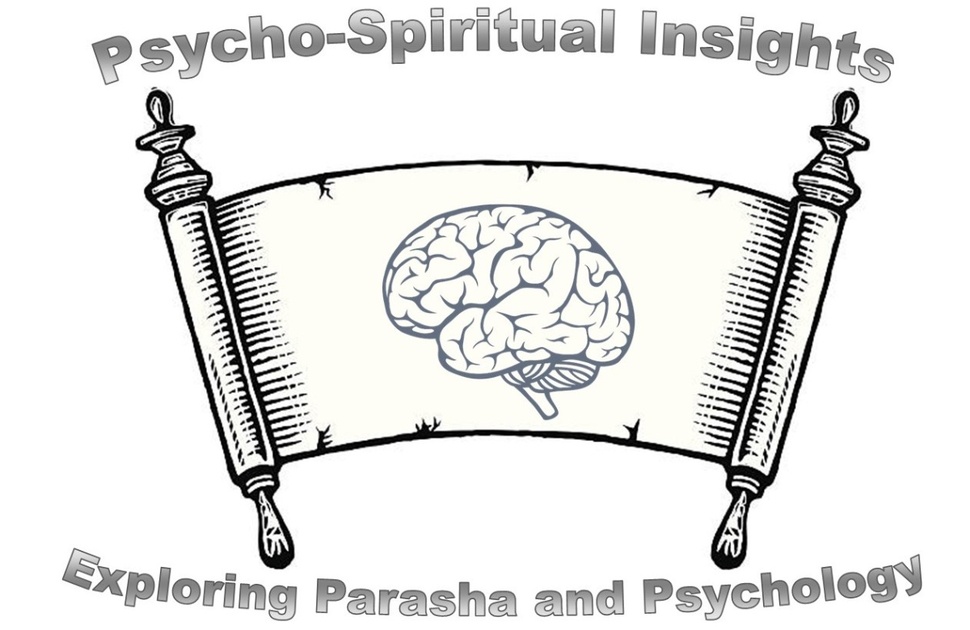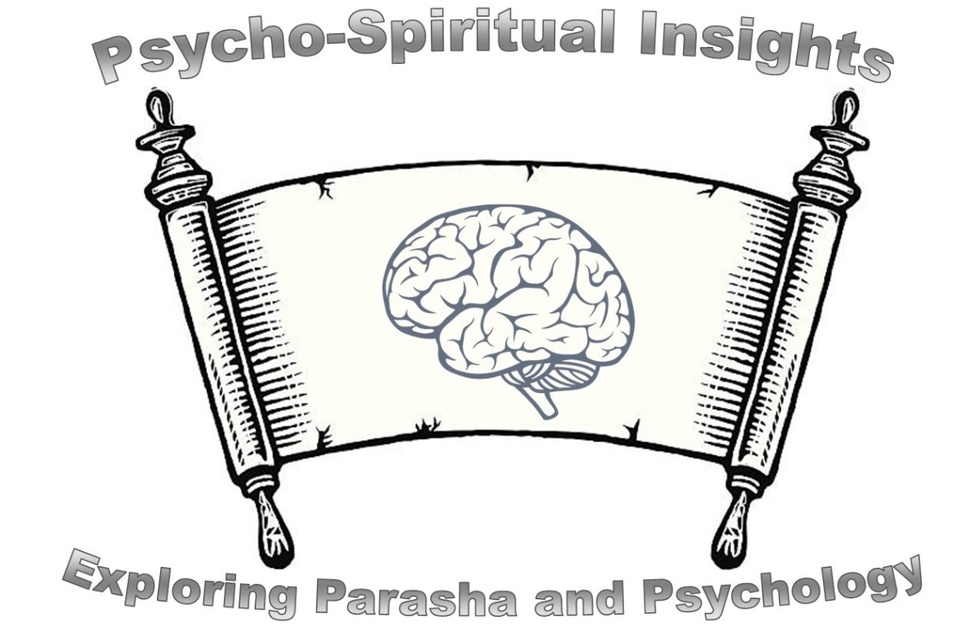
Purim is a holiday of hidden miracles, where Hashem orchestrates salvation behind the scenes. But the turning point of the Megillah was not a miracle; it was a moment of profound moral courage. Queen Esther, faced with an impossible choice, had to decide whether to risk her life to save her people. Mordechai’s words to her echo through the generations:
"ūøų╝ų┤ųŻūÖ ūÉų┤ūØųŠūöųĘūŚų▓ū©ųĄųŻū®ūü ū¬ų╝ųĘūŚų▓ū©ų┤ųśūÖū®ūüų┤ūÖų« ūæų╝ųĖūóųĄųŻū¬ ūöųĘū¢ų╝ų╣ųÆū¬ ū©ųČųŻūĢųĘūŚ ūĢų░ūöųĘū”ų╝ųĖū£ųĖų×ūö ūÖųĘūóų▓ū×ųżūĢų╣ūō ū£ųĘūÖų╝ų░ūöūĢų╝ūōų┤ūÖūØųÖ ū×ų┤ū×ų╝ųĖū¦ųŻūĢų╣ūØ ūÉųĘūŚųĄųöū© ūĢų░ūÉųĘųźū¬ų╝ų░ ūĢų╝ūæųĄūÖū¬ųŠūÉųĖūæų┤ų¢ūÖūÜų░ ū¬ų╝ų╣ūÉūæųĄųæūōūĢų╝ ūĢų╝ū×ų┤ųŻūÖ ūÖūĢų╣ūōųĄųöūóųĘ ūÉų┤ūØųŠū£ų░ūóųĄųŻū¬ ūøų╝ųĖū¢ų╣ųöūÉū¬ ūöų┤ūÆų╝ųĘų¢ūóųĘū¬ų╝ų░ ū£ųĘū×ų╝ųĘū£ų░ūøųĮūĢų╝ū¬ūā"
("On the contrary, if you keep silent in this crisis, relief and deliverance will come to the Jews from another quarter, while you and your father’s house will perish. And who knows, perhaps you have attained a royal position for just such a crisis." Megilat Esther 4:14)
The Ibn Ezra explains that Esther’s rise to royalty was not a mere coincidence but a divine setup for her to act. She was placed in a position of power not for personal comfort but for a moment of destiny.
Moral courage is the ability to stand up for what is right, despite fear, opposition, or personal risk. It involves:
- Ethical Awareness – Recognizing when action is needed.
- Emotional Resilience – Overcoming fear or social pressure.
- Commitment to Principles – Upholding values over convenience.
- Willingness to Face Consequences – Accepting sacrifice for the greater good.
Esther exemplified all these traits. She could have remained silent, safe in the palace. Instead, she took action, knowing that "right is right, even if no one is doing it; wrong is wrong, even if everyone is doing it."
Mordechai’s message is timeless: We are all placed in situations where we must stand up for Torah values, even if it means standing alone. Today, in a world where moral confusion reigns, there is immense pressure to conform to ideas that contradict Torah:
- Antisemitism and Public Identity: Openly identifying as a Jew, wearing a kippah, or supporting Israel can make one a target of discrimination, harassment, or even violence.
- Fear of Backlash: Whether online or in person, standing up for Torah values can bring criticism, ostracization, or career consequences.
- Internal Struggles: Even within our communities, speaking out against wrongdoings—whether in schools, institutions, or leadership—requires moral courage.
As Pirkei Avot (2:5) teaches: "ūæų╝ų┤ū×ų░ū¦ūĢų╣ūØ ū®ūüųČūÉųĄūÖū¤ ūÉų▓ūĀųĖū®ūüų┤ūÖūØ, ūöų┤ū®ūüų░ū¬ų╝ųĘūōų╝ųĄū£ ū£ų┤ūöų░ūÖūĢų╣ū¬ ūÉų┤ūÖū®ūü"—"In a place where there are no men, strive to be a man." When others stay silent, we must speak. When others waver, we must stand firm.
Here are three tips for increasing our Moral Courage:
- Clarify Your Torah Values – Take time to learn and internalize Torah principles so they serve as your moral compass. When faced with challenges, knowing what the Torah expects will give you the confidence to stand firm.
- Strengthen Your Inner Resilience – Fear is natural, but courage is built through practice. Start with small acts of standing up for what's right, even in low-stakes situations, so you're prepared for bigger moments.
- Surround Yourself with Like-Minded People – Moral courage is easier when you have a strong support system. Seek out mentors, friends, and a shul who upholds Torah values and they will encourage you to stay true to them.
Queen Esther was afraid, but through her courage, she merited to be the agent of Hashem’s salvation. The same holds true for us. If we act with moral courage, Hashem will ensure that Torah remains our guiding light, and we will be worthy of seeing "ū©ųČųŻūĢųĘūŚ ūĢų░ūöųĘū”ų╝ųĖū£ųĖų×ūö"—relief and deliverance in our times as well. This Purim, let us draw strength from Queen Esther’s legacy of bravery and resolve to uphold Torah values with unwavering conviction. Stand for what is right, even if it means standing alone. If we all participate as a community, we will realize that we are never standing alone but rather all standing together, with Hashem.
Elan Javanfard, M.A., L.M.F.T. is a Consulting Psychotherapist focused on behavioral health redesign, a Professor of Psychology at Pepperdine University, & a lecturer related to Mindfulness, Evidence Based Practices, and Suicide Prevention. Elan is the author of Psycho-Spiritual Insights: Exploring Parasha & Psychology, weekly blog. He lives in Los Angeles Pico Robertson community with his wife and three children and can be reached at Elan.Javanfard@gmail.com.
 Previous
Previous

